
Why Have a Career in Health Science?
Health Care Science & Services is the largest employing industry in Missouri, making up 14 percent of total private sector employment. The Health Care Science & Services industry has over 12,000 employers that provide jobs to over 318,000 workers across the state.Missouri’s Health Care industry has particularly high employment concentrations in General Medical and Surgical Hospitals, as well as Nursing and Residential Care Facilities.
Wages in this industry averaged $58,788 in 2020, higher than the state average of $54,801 for all industries. An aging patient population and retiring health care workers contribute to the growing and projected need.The Health Care industry provides a variety of work opportunities for every interest. From jobs that directly care for patients to careers that keep the whole system going, important jobs are waiting to be filled in Patient Care, Diagnostic/Therapeutic, and Business Operations.
Requirements:
Launch Course Sequence:
Principles of Biomedical Science (PBS)
Human Body Systems (Coming Fall 2024)
Missouri Industry Recognized Credential Options:
Coming Soon!
Key =
Know the Basics
Health Care careers often involve interactions with patients and other team members, so active listening and communication skills are important. Health Care includes many essential occupations that need to be staffed around the clock, so dependability and reliability are a must. Soft skills, such as interpersonal skills, professionalism, and dependability are important in all industries and occupations.

